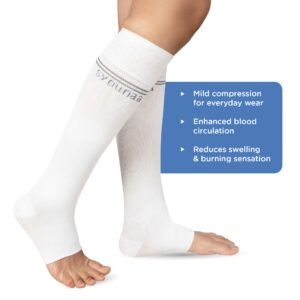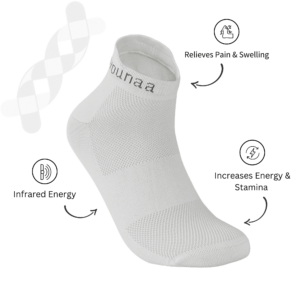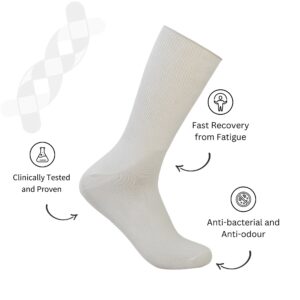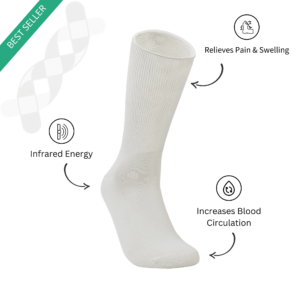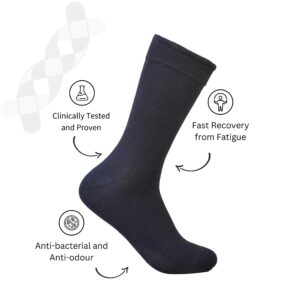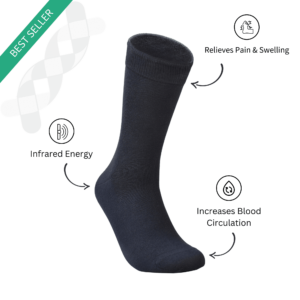An article published by the Hindu in 2015 stated that one cannot be denied a job because they are diabetic. This, however, hasn’t stopped certain institutions from rejecting capable candidates on health grounds.
Our corporate lifestyle and stress levels have made India the diabetes capital of the world. Another Research suggests that Indians are at a greater risk of developing diabetes when we reach our mid-40s. The workload and stress increase during this period because most people in their 40s have more responsibilities and greater stress, which may be why people in this age group are prone to type 2 diabetes.
As of 2016, there were 70 million recorded diabetics in India. The number is constantly on the rise and with diabetes becoming such a potential health risk, we need to take a few measures to ensure a diabetic can balance work and their sickness.
Managing Diabetes at Work
It is hard to manage work and diabetes especially if you work for long hours and/or have strenuous jobs at hand. But it is possible to get the best of both worlds if you are determined to push through.
Your office should have the following provisions:
1. A place to store your blood sugar testing kit – this includes a glucometer, testing strips, needles
2. A fridge to store insulin for Type 1 diabetics. It doesn’t matter if you rely on a pump, you should always have spare insulin stored in the fridge in case of emergencies
3. A place to store and readily access edibles for Hypoglycaemic episodes – this includes glucose tablets/gel, fruit juice and a readily accessible snack
4. First aid kit – the first aid kit should contain a glucagon kit, bandages, antiseptic powder, spirit and spare needles. This kit is made for everyone, but it should be readily accessible to a diabetic as well. Your colleagues must know how to insert glucagon shots in case of an emergency
5. A stool/foot rest in case you have PAD, PVD or Peripheral Neuropathy.
6. A place to keep an extra pair of comfortable shoes and diabetic socks. This can be a simple cupboard at the base of your desk
The fridge and the footrest might be extra provisions that a small company does not have, but for most other things, a diabetic employee must be allowed to store the above requirements in their cabin.
Diabetes and Office Regulations
As someone with diabetes, your office management should adjust certain regulations so that you can work efficiently and keep your blood sugar under control. If your blood sugar is within range, it is easier for you to work and shoulder heavy responsibilities.
Your office must allow the following:
1. Take short breaks to eat, check blood sugar, and washroom visits
2. Wear comfortable footwear
3. Raise your feet on a footstool to reduce foot pain
Sometimes, you can sip on a juice and work to reduce the number of breaks but, ideally, your workplace should allow a 10-minute break every 2 hours for you to check your blood sugar and manage it if it’s not in range. This is a very manageable break time considering that most employees need to refresh their minds after every couple of hours.
Office Workshops About Diabetes
This isn’t mandatory but with the number of diabetics increasing at such an alarming rate, we feel it is important to create awareness in offices. This will not only sensitise people about diabetes but also allow pre-diabetics to learn about their conditions and reduce the chances of getting diabetes.
Talk to your seniors and try to arrange campaigns in your office. These campaigns can range from diabetes awareness, physical health campaigns and timely health check-ups. Small initiatives like these will sensitize more people about the illness and detect diabetes at an earlier stage.
There have been cases in India and around the world where a person with diabetes was denied a job or a promotion because of their illness. In such cases, there are rules and regulations to protect you. A safe workplace is one that is free from discrimination. If you feel that you are being mistreated because of your diabetes you have every right to speak about it and seek legal assistance.
While it is important to work in an environment that is free from discrimination, it is also important to understand your strengths and limitations. There is more to work than, just working. Office hours, commute time, your type of work is something to consider as well.
Do you have to stand for long hours and deal with clients every day? Or do you have different shifts? Are you relatively fit? These are all things to consider. Though you may have the skills for the job, diabetes management and your job may be taking a toll on your health. If you feel it is too difficult, you should talk to your management and ask to be shifted to a different branch that allows you to manage your diabetes better.
There is no shame in admitting you have diabetes and to find ways that help you grow as an employee. While most office goers have one job, you have two. So, it’s okay to understand your capabilities, your condition and decide accordingly.














